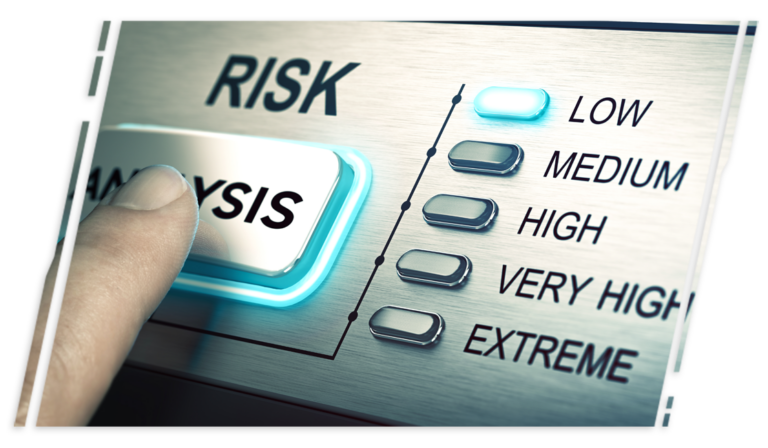
Bridge the gaps in your HIPAA compliance with our expert assessments and audits, and secure your patients’ trust and data with confidence.
CyberMaxx performs gap assessments and audits against the Health Insurance Portability and Accountability Act (HIPAA). HIPAA is a US law that regulates the use and disclosure of protected health information (PHI) by healthcare providers, health plans, and other entities that handle PHI.
HIPAA regulations that CyberMaxx can assist with: Privacy Rule, Security Rule,(HITECH) Enforcement Rule, and Unique Identifiers Rule.

Who Should Utilize This Service
Any organization that needs a starting point to review current security processes and controls to meet HIPAA compliance or the formalized audit to submit for the annual certification.
It is essential that healthcare entities and organizations, that manage protected health information (PHI), follow the regulations of HIPAA. This includes medical facilities such as hospitals and clinics, health insurance companies, and healthcare clearinghouses, along with any business associates dealing with PHI for covered entities. Thus, it is crucial to perform gap assessments or audits against HIPAA.
To ensure companies remain compliant, many organizations choose to conduct gap assessments or audits in order to identify any areas where they may be falling short of the requirements. These evaluations can then be used as a tool for remediation.
Organizations should be aware that the parameters of HIPAA compliance differ depending on their particular type, size, and scope. For this reason, qualified cybersecurity experts or legal advisors should be consulted to establish whether an evaluation or audit would serve the organization’s needs.

How HIPAA Gap Assessments or Audits are Done
CyberMaxx auditors:
- Establish timelines for completion of annual certification or gap analysis and understands the business model for processing medical information
- Then the auditor conducts a series of interviews with the client personnel in charge of IT operations, cyber security, application developers, and call centers to gather evidence and observe the organization following their HIPAA program documented controls.
It may also be necessary to bring in other stakeholders for new hires, terminations, and third-party processes to meet HIPAA compliance, such as the Business Associate Agreement (BAA).

Benefits of HIPAA Gap Assessments and Audits from CyberMaxx
A HIPAA gap assessment and audit can provide several benefits for organizations, including:
- Improved Compliance: Conducting an audit and assessment of HIPAA regulations can be very beneficial for any organization. It provides an opportunity to uncover areas where improvements could be made to ensure full compliance with the law. Doing so reduces the chances of potential privacy violations or data breaches that could have serious repercussions.
- Better Security: Conducting HIPAA gap assessments and audits can be an effective way to measure the security status of a business. By identifying any weaknesses or vulnerabilities in systems and protocols, organizations are able to take action steps to strengthen their security posture and protect confidential data.
- Increased Trust: Trust is an essential component of any successful organization, and one of the more effective ways to demonstrate it is through a dedication to compliance and security. This way, organizations can foster strong relationships with patients, partners, and other stakeholders.
- Cost Savings: A HIPAA gap assessment or audit can prove beneficial when it comes to identifying any unnecessary spending on security and compliance. By conducting such an assessment, an organization is able to become more efficient with its resources in order to save money going forward.
- Legal Protection: Conducting an audit to assess any gaps in HIPAA compliance can be beneficial for organizations, as it provides evidence of their efforts towards adhering to the regulations. Should an incident arise, this proof could offer them legal protection from potential repercussions.
To ensure that healthcare organizations remain compliant, and secure and have a robust risk management strategy, conducting a HIPAA gap assessment and audit is highly recommended. By recognizing potential security vulnerabilities and taking proactive steps to address them, organizations can reinforce their commitment to protecting sensitive information. Doing so also fosters improved trust among its patients and other stakeholders.
